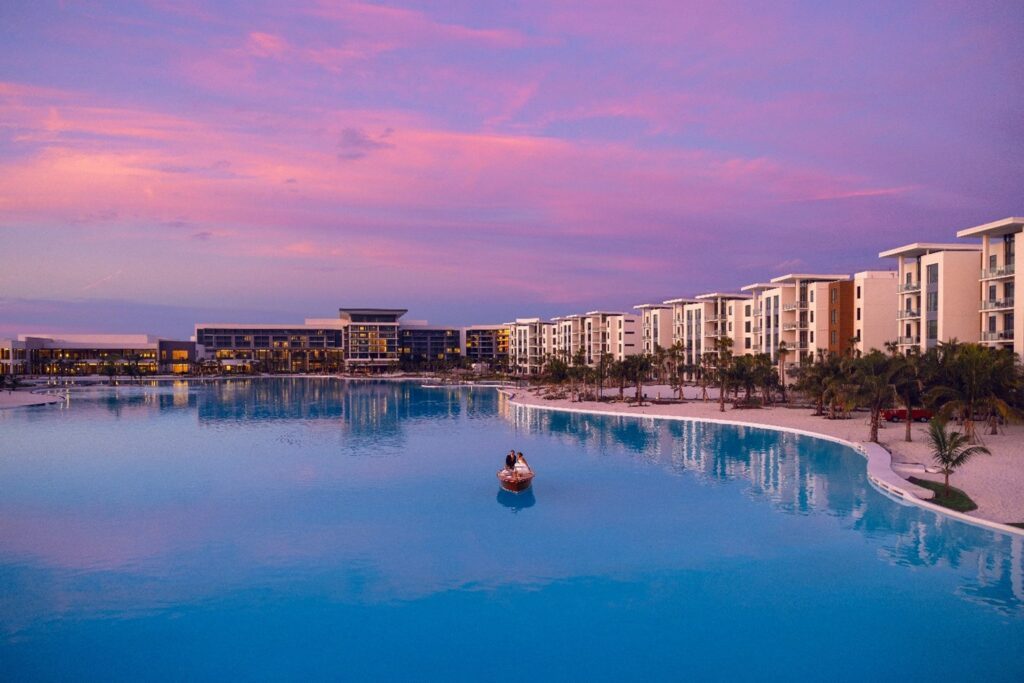Posted on June 05, 2017 Leave a comment
H&LA’s Joseph Pierce attended the The East Coast Gaming Congress, an annual event that attracts approximately 600 attendees. This conference offers content ranging from strategy and investment to next generation products and technologies such as eSports, fantasy sports and social/mobile gaming. The following are Joseph’s takeaways from this exciting event:
- Joe Pappano with Vantiv Entertainment Solutions opened the conference with a discussion of the improving relationship between payments and internet gaming. Three years ago, credit card approvals for internet gamers was approximately 40% of gaming transactions. Today the approval rate is closer to 80%. The exchange of information between the credit card companies and casinos is providing greater understanding of the customers.
- Geoff Freeman, CEO of the American Gaming Association, speculated that there will be congressional hearing on the expansion of legalized and regulated sports betting in 2017 with possible legislation in 2018 or 2019. Sports betting is effectively limited to Nevada at this time. Mr. Freeman noted that in 2016, two professional sports teams were awarded to Las Vegas, the presidential debate was held in the city, and a former casino owner was elected president.
- Creating an interactive experience is the future of casino operations. Casinos are moving forward with skill based slots, daily fantasy sports, sports betting, and eSports. Caesars was the first Atlantic City casino to place skill base games on their casino floors, but after six months, they removed 21 machines. The casino remains committed to skill based games and continues to look for the right combination and placement on the floor.
- Jim Allen, Chairman of Hard Rock International and CEO Seminole Gaming discussed Hard Rock’s investment in Atlantic City with the purchase of the Trump Taj Mahal casino for $50 million. The initial investment into the Taj Mahal was projected to be $350 million but now the company is committed to spending a minimum of $500 million.
- A number of participants expressed concern that governments are using gaming as a solution to budget shortfalls. It was noted that the Pennsylvania Senate approved internet gaming. According to the Senate Bill, a slots internet license would cost $5 million and a table-style internet game would cost $5 million. However, the tax structure would be similar to casino operations with a 54% tax on slots and a 16% tax on table games. Most participants believe the a tax of 50% or greater is not financially feasible. The bill also allows for gaming parlors at various Pennsylvania airports. The House has yet to vote on the bill. It was also noted that Illinois was looking to add five regional casinos to help bridge its budget gap. Currently, there are more slot machines outside of the casinos in Illinois than in the casinos with the proliferation of gaming in bars.
- Additional statewide gaming expansions beyond Illinois and Pennsylvania will include Connecticut, which has approved a third casino in the state, and New York as recently approved casinos are coming online. There is expectation that a casino will be developed either in New York City or just north of the city in Westchester County.


